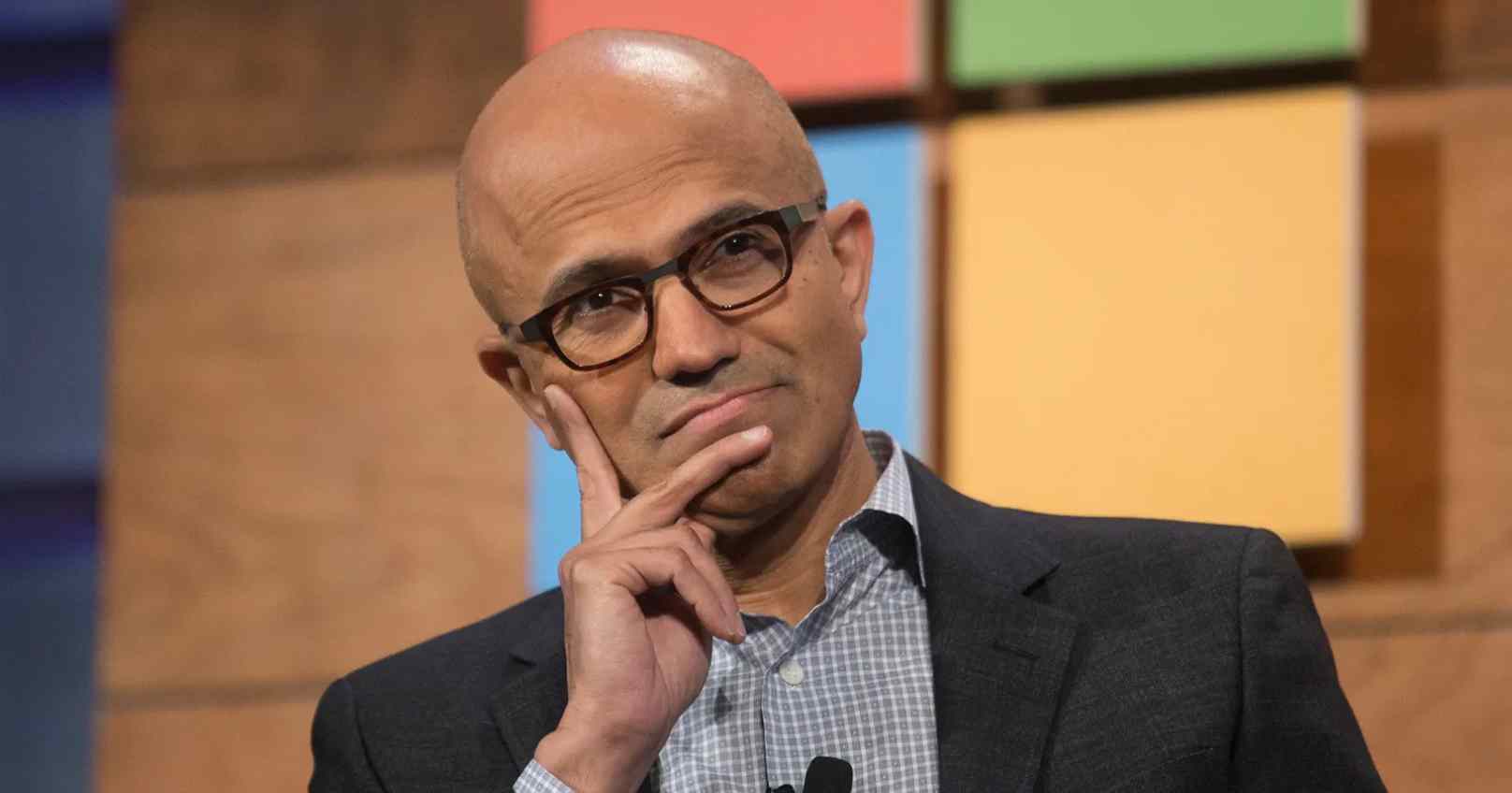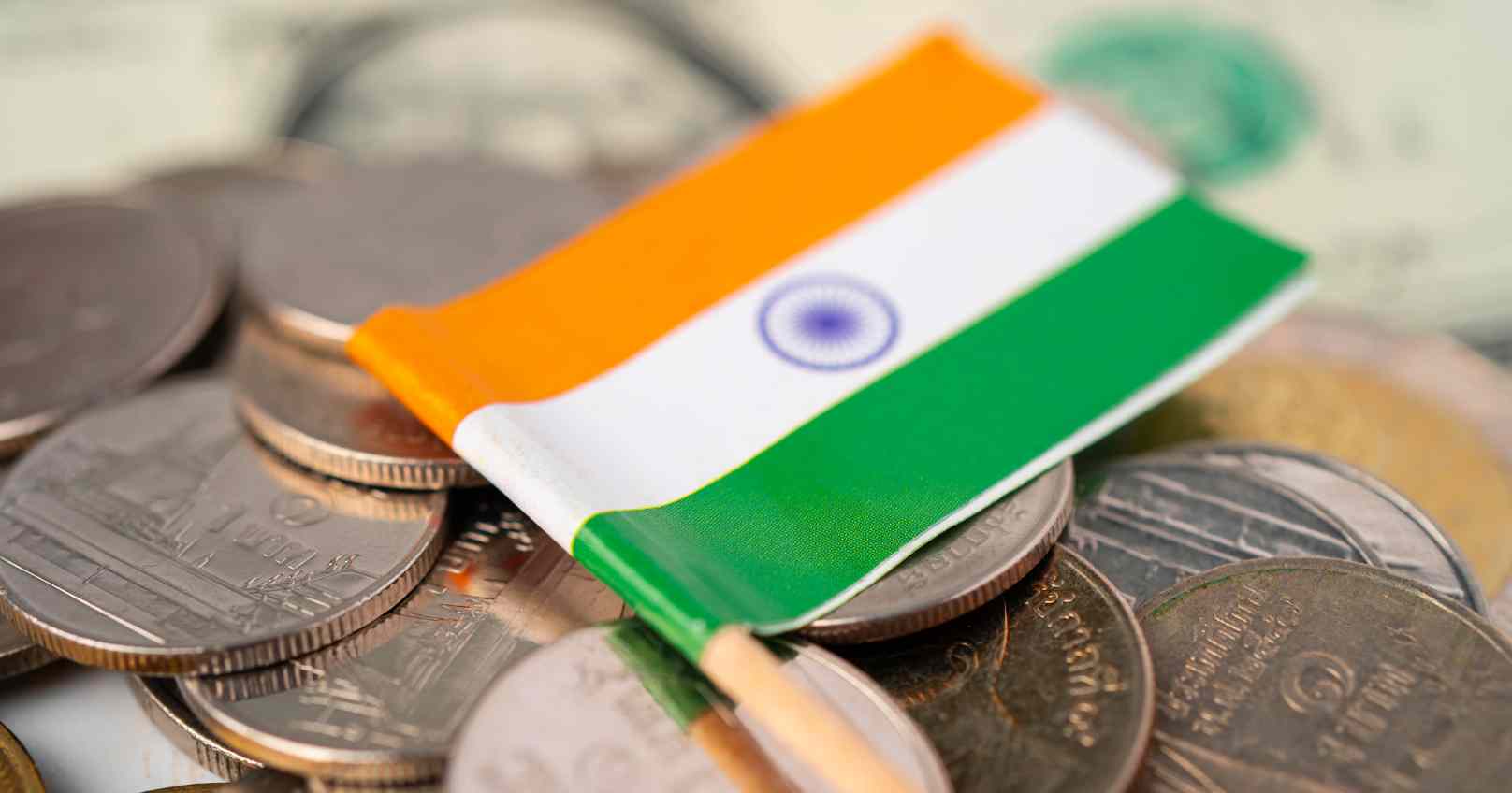Aditya Ghosh Envisions Akasa Air as the World's Greenest Airline
Akasa Air co-founder Aditya Ghosh shares his ambitious vision for making the airline the greenest in the world while addressing the challenges of sustainable aviation
29-06-2024At the Oxford India Forum, Aditya Ghosh, co-founder of Akasa Air, articulated his ambitious vision for the airline to become the greenest in the world. While acknowledging that this is more of an aspirational dream than a concrete target, Ghosh highlighted the numerous challenges and initiatives associated with this goal.
“We at Akasa aspire to be the greenest airline globally someday,” Ghosh stated. He underscored the difficulties of adopting sustainable aviation fuel (SAF), primarily due to its limited availability and high costs.
India aims for 100 million passengers to fly on 10% blended SAF by 2030, which could increase ticket prices by about $340 million, Ghosh explained. He also pointed out that despite having around 600 airplanes in operation and over 1,000 on order, India's aviation market remains under-penetrated.
Ghosh emphasized that even doubling or tripling the number of aircraft would not be enough to make air travel affordable and democratized. “We will see the number of airplanes in the country double or triple over the next 10 to 15 years. But even that won't be enough to make air travel affordable and democratized,” he said.
To reduce fuel consumption, Akasa Air is implementing various strategies. “Our engines burn 20% less fuel than comparable ones,” Ghosh said, adding that the winglets on their aircraft enhance lift efficiency. The airline also practices direct routing and single-engine taxiing to conserve fuel.
Additionally, Akasa Air's flight attendant uniforms are made from recycled marine plastic waste, and the airline has saved 360,000 liters of water by opting out of traditional water cannon salutes for new aircraft.
Ghosh believes that the path to sustainable aviation will be paved with multiple smaller innovations, such as electric or hybrid aircraft and improved wing designs. “Significant fuel savings are expected from better aerodynamics rather than engine advancements,” he noted.
He also stressed the need for regulatory or market mechanisms to encourage the use of newer, more fuel-efficient aircraft. Akasa Air refreshes its fleet every 6 to 9 years to maintain efficiency and reduce emissions.
When asked about balancing low-cost operations with the higher costs of SAF, Ghosh highlighted the inherent challenges but reaffirmed the airline's commitment to sustainability.


From financial collapse to a debt-free revival, Anil Ambani is staging a steady comeback in green en
Read More
Microsoft CEO Satya Nadella has clarified that the recent job cuts are part of a forward-looking AI
Read More
India has climbed to the fourth spot in the global economic rankings with a $4 trillion GDP, surpass
Read More